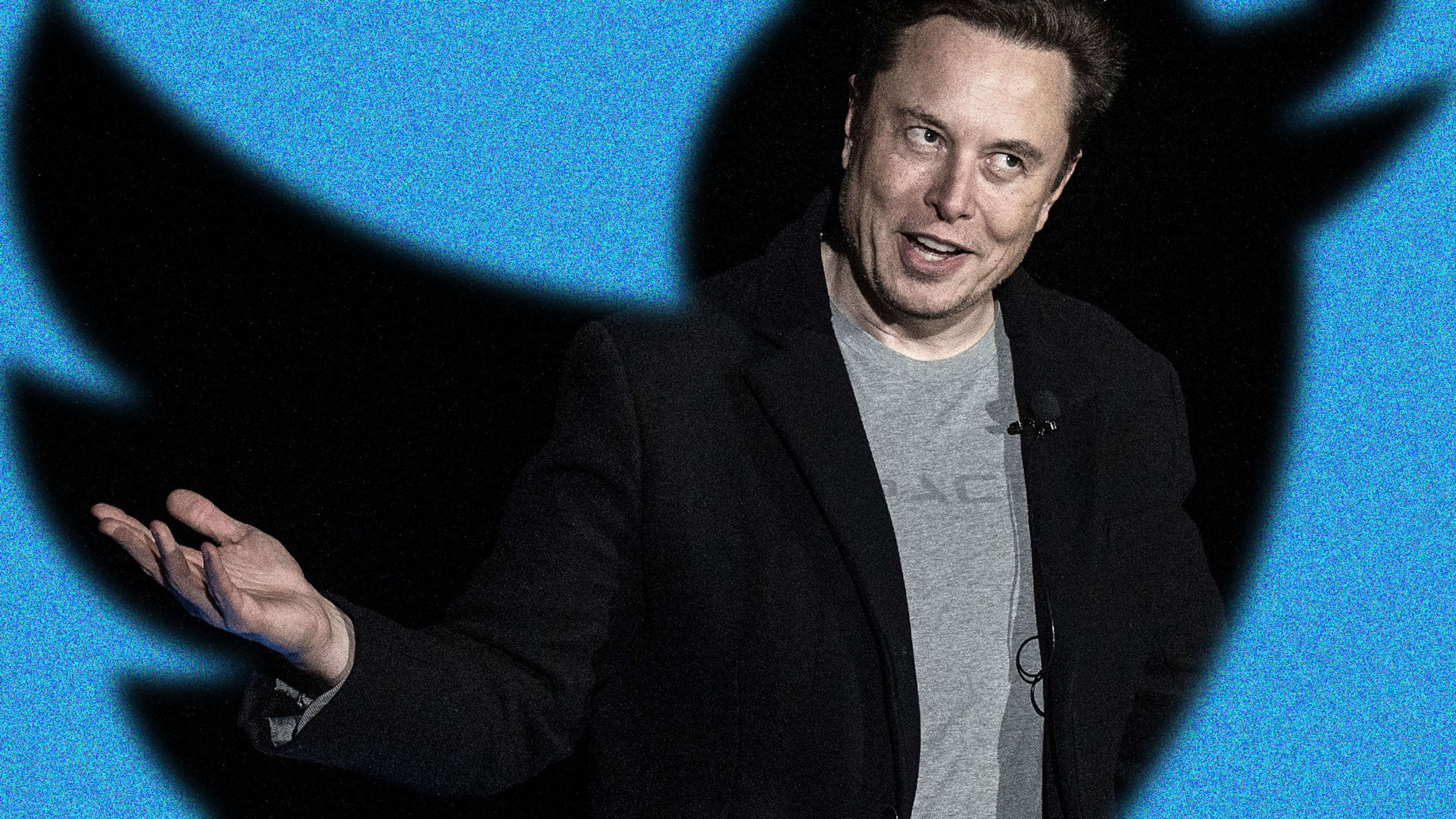For the past few weeks, Elon Musk has been striving to present Twitter as a democratic network, a place where polls will determine whether permabans should be enforced or policies should be adjusted. But it’s his most recent survey that will really test his commitment to the experiment.
On Sunday evening, Musk ran a poll asking whether he should step down as head of Twitter, vowing to “abide by the results.”: 57.5% of the respondents said he should. Musk noted at the time that there was no successor in place.
Will Musk actually give up his role as head of Twitter. As of Monday morning, that’s still uncertain. But regardless of whatever job title he does or doesn’t have, it won’t change the fact that Musk will be the sole owner of Twitter and will still have final say over any decisions made.
The illusion of democracy that Musk has been cultivating has been sporadic. He asked about whether to let Donald Trump back on the platform and unlocked Trump’s account moments after the results came in, but his bans of ElonJet and journalists reporting on the story, along with the weekend decision to bar mention of any other social media outlets, came without any say so from Twitter users.
“In psychology, there’s something called sense making, which is we don’t gather data objectively to help us make decisions, we already have an opinion, [so] we gather data to back up our opinions and justify what we already want to do,” says Michael Sacks, a professor who specializes in organization and management at Emory University’s Goizueta Business School.
While acknowledging that the polls could be a sincere effort by Musk to tap into the mind of his customer base, Sacks notes that there is plenty of wiggle room for the billionaire if the poll results do not come out like he expected or hoped, as could have been the case Sunday night.
“It empowers him to message what he wants to do anyway, knowing what his customer base wants,” he says. “He can, more cautiously, say ‘We’re going to go forward . . . but I’ve heard you. I know a lot of you have concerns, so here are some actions we’re going to take to address some of those.’”
Musk, so far, has abided by the results of the polls he has issued, though some might argue he got the results he was hoping for with those. And by avoiding polls on stickier matters, he has avoided a larger backlash. But should he ignore a poll clearly showing that people want him to step down (even if he can blame bots or a pushback by liberals or any other reason), there could be an impact on the cult of personality he has built over the past several years.
It’s called hypocrisy syndrome—and it comes into play when a leader repeatedly asks for advice and gets it, but doesn’t use it. People begin to resent having their time wasted and risk losing faith in that leader. Ignoring a poll once might not cause his followers to turn on him, but should he find work-arounds to the poll results, it could weaken his relationship with his followers (both supporters and haters). And that, in turn, could steer them to other platforms.
The problem, though, is Twitter is a dominant platform in the space. And Musk knows that. For all the talk of Mastodon, Post, and others, none have the influence or footprint that can rival Twitter at the moment.
“He’s in a good position now, but he’s almost encouraging his rivals to grow and match him,” says Sacks. “In the short term, if he handles it well . . . and shows he’s listened and heard, he can still use that as a way to frame what he’s going to do that might be perceived better. . . . Long term, doing this repeatedly has a lot of danger. . . . If he damages his own reputation, people are much more likely to bail or boycott.”
Of course, changes have been moving at a lightning pace at Twitter since Musk closed the deal in late October. People barely have time to react to one decision before a new lightning rod comes to distract them. Musk could be counting on that breakneck news pace if he truly isn’t ready to give up direct oversight of Twitter.
After all, Sacks points out, politicians do it all the time.
“In politics or business, when something really egregious happens, someone with a vested interest will delay until it’s not in the spotlight,” he says. “In Congress, both parties will launch Blue Ribbon panels to study something. Again, those could be sincere. They could be actually studying something and/or they could be delaying until that issue is no longer in the spotlight and they can move onto other things.”
Recognize your brand’s excellence by applying to this year’s Brands That Matter Awards before the early-rate deadline, May 3.
